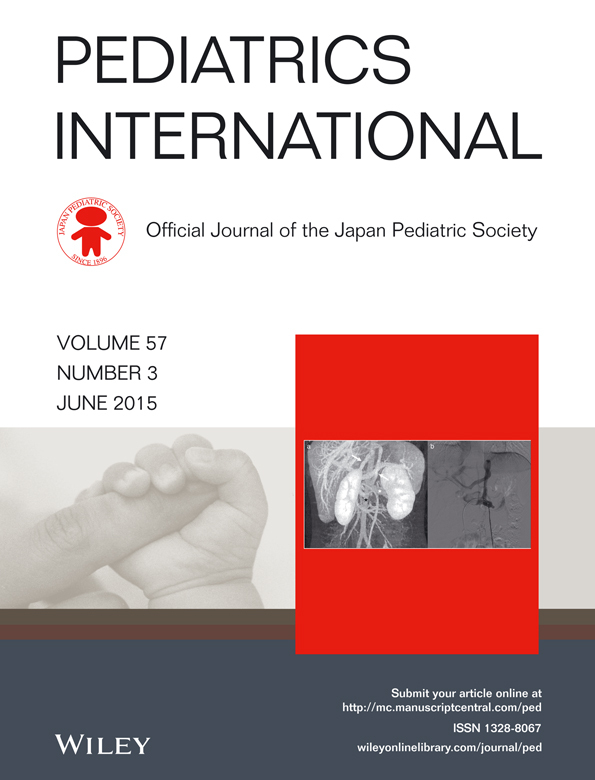Hepatitis B (HB) immunoglobulin plus HB vaccine for intrauterine HB virus infection
Abstract
Background
Vaccination against hepatitis B virus (HBV) infection in infants born to hepatitis B surface antigen (HBsAg)-positive mothers using HB immunoglobulin (HBIG) and hepatitis B (HB) vaccine was launched in Japan in 1985. Infants testing positive for HBsAg at 1 month of age are considered to have prenatally acquired the infection and are usually excluded from the prevention program. Infants born to HB e antigen (HBeAg)-positive mothers are at a high risk of perinatally acquiring the infection. In this study, long-term outcome was evaluated in children with prenatal HBV infection who received the HBIG and HB vaccine in Japan.
Methods
Newborns of both HBsAg- and HBeAg-positive carrier mothers received HBIG within 48 h of birth and at 2 months of age. Subsequently, three doses of recombinant HB vaccine were given at 2, 3, and 5 months of age. Outcome was compared between the following two groups: infants who completed the vaccination program, even if they were HBsAg positive at 1 month of age (n = 15), and infants who did not (n = 51).
Results
Seroconversion from HBeAg to anti-HBe antibody (HBeAb) before 3 years of age was observed in five children (33%) who completed the vaccination program and in two (4%) who did not (P = 0.005). In 2/5 children who completed the vaccination program and achieved HBeAb seroconversion, seroconversion from HBsAg to anti-HBs antibody was also noted.
Conclusion
This specific vaccination program for children with prenatal HBV infection has the potential to alter immune tolerance to HBV.




